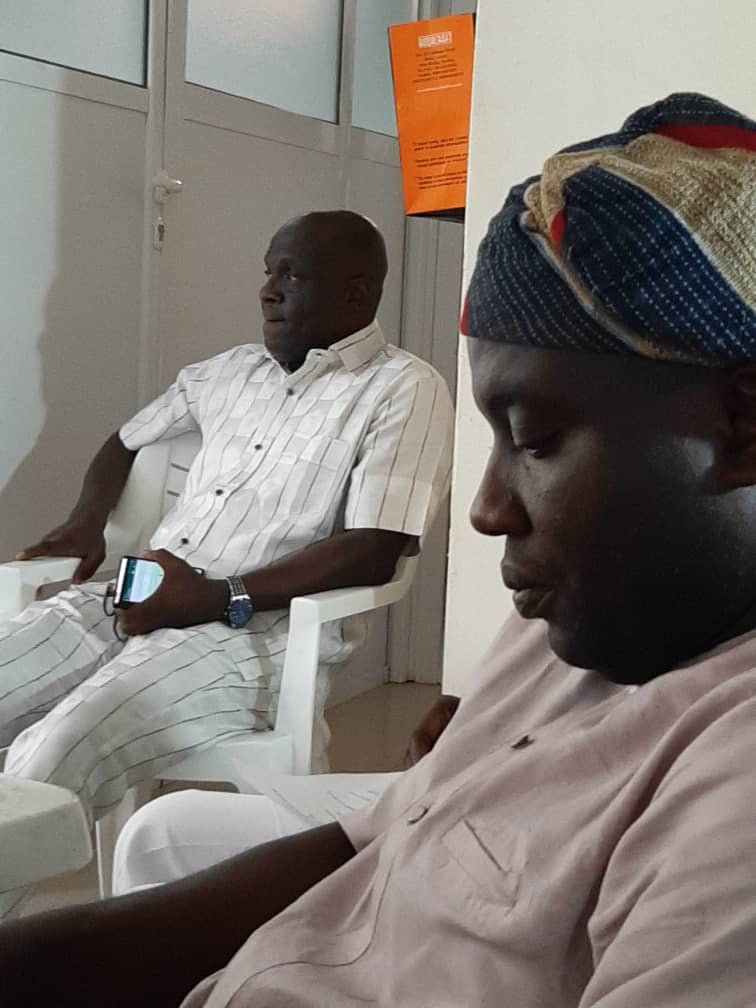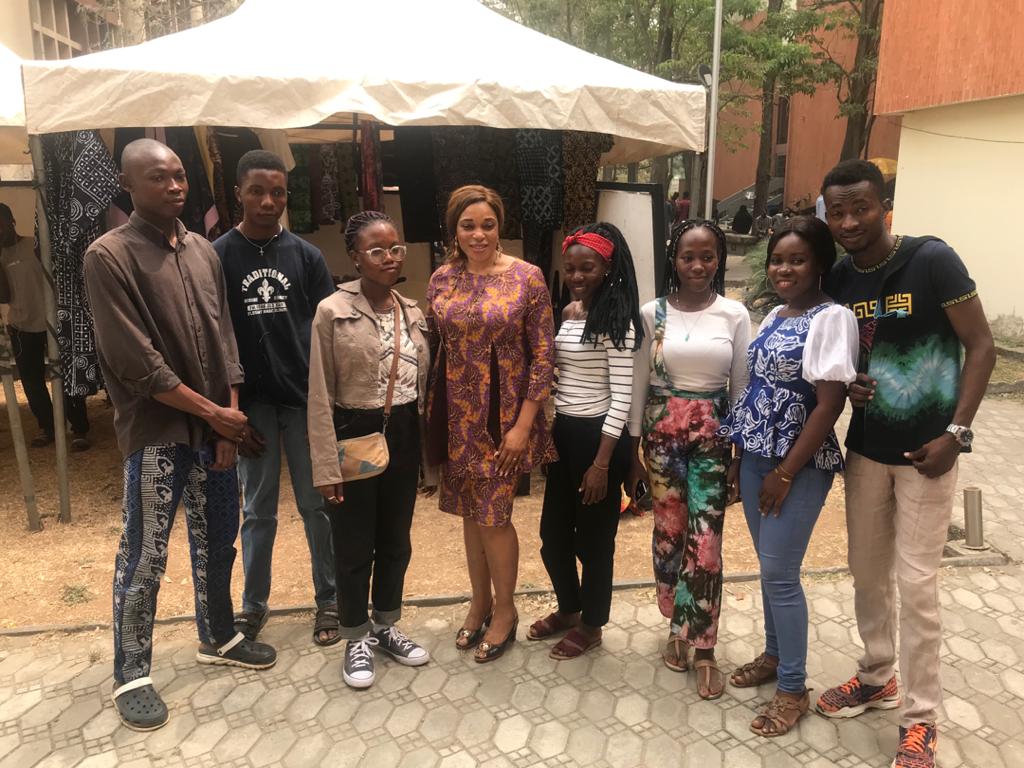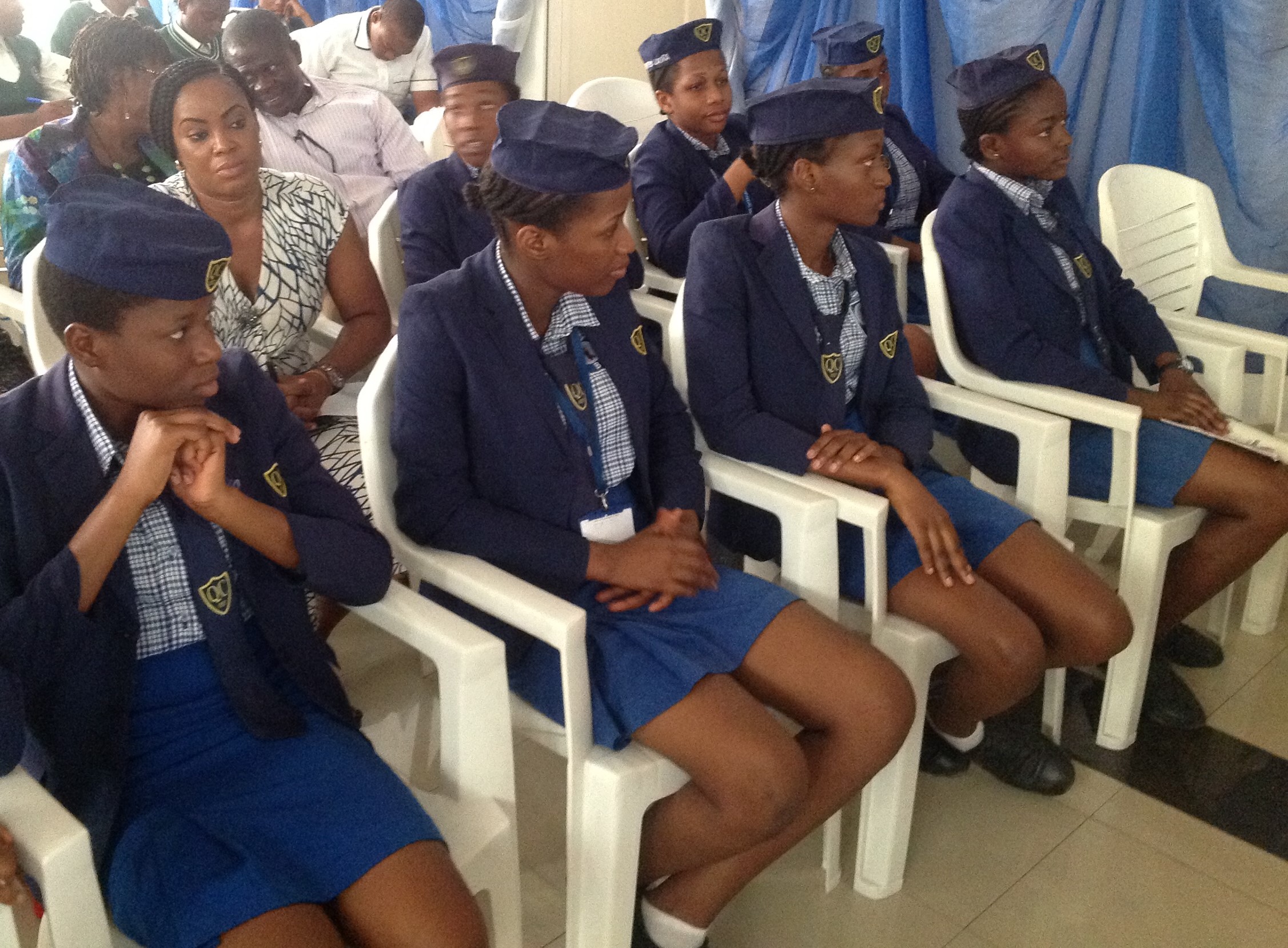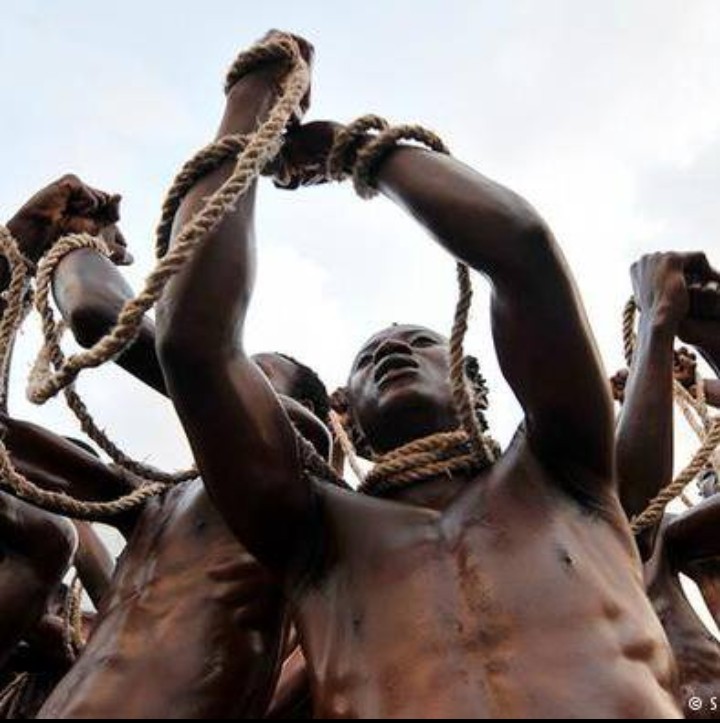Migration and Cross-Border Relations
Most of human history is characterised by migrations and settlements;movements of people from one location to anotherhaving always been a regular feature of the human social system from time immemorial. Overwhelming experiences, conditions and challenges occasion migrations and relocation of peoples and populations from time to time. Migrationsgenerally are necessitated by several considerations, some of which are conflicts and wars, natural factors, accidents and humanengineered conditionsand artificialelements.Motivations to migrate are usually pre-emptive, voluntary or compelled. Hunger and the search for food; insecurity and the need for safety; fears of the unknown and the need for protection; threats to sustenance and people’s well-being; natural disasters like famine, drought, erosion and earthquakes and volcanoes, conflicts, conflicts and wars; quest for comfort and happiness; the search for better living conditions and the urge for self-actualisation and fulfilment are some of the major reasonsthat spur migrations.
Migrations are often connected with tensions, unsteady and combative relations and sometimes the re-alignment of communities, the creation of new ones. Thus,migrations tend to raise issues of border tensions and conflicts. Thoughcross border frictions arenot exclusive toexperiences of migration, such tensions also exist in all forms of societies, even apparently homogenous communities, as they develop and become complex. The notion of cross border as projected in this cluster is considered in the literal, symbolic and contextual senses to include, physical boundaries, social, economic, cultural, geo-political, mental and imagined boundaries, linguistic and psychological borders, among others. The notion of borders and boundaries are considered significant signposts of global human relations, especially as it relates to Africans and people of African heritage. Beyond this, the phenomenon of borders and cross border relations are also linked to the nature of relations between nations, countries and peoples; between religions, ethnicities, cultures, languages, peoples; and so on. This cluster specially emphasises how all these converge and relate to cross border relations especially between Africa, her peoples and the rest of the world; and along ethnic and racial divides.
Recently, African countries and citizens have witnessed a major wave of migrations from their homelands to other parts of the world, especially the developed countries of Europe and America. But this modern wave of migration is just one of such mass movements in the history of Africa. Experiences of the occurrences of mass migration of African populations are certainly not a new phenomenon in the continent and her peoples. Ignominious instances of such heavy waves of mass movements of Africans in history arethe slave trades across the Sahara desert to the Arab world and across the Atlantic Ocean to Europe and the Americas.These well-known and devastating forms of mass human movements were however not orchestrated by direct consequences of any of these identified factors. Rather this is the result of human greed and wickedness. It came in the form of forced commoditisation and exportation of Africansfrom their homes to other parts of the world; an enterprise that lasted hundreds of years and witnessed the dislocation and disorientation of African peoples and reconfiguration of global pattern of human settlements and geography/demography. This situation largely created the first form of the African diaspora – a forced dislocation and dislodgement of Africans to other societies as economic stocks. It also resulted in the creation of dislocated communities and settlements of diaspora Africans in many parts of the world. Also important is the modern experiences of African migrations thatin recent times voluntarily or willingly self-relocated and settled in other parts of the world have created huge African communities of exiles, migrants, residents in their new abodes. The issue in question is howthey are integrating or being integrated and coping in their new homes.
The Research Cluster on Migration and Cross Border Relations would investigate migration in all its senses and ramifications, connections; and its interconnections with borders and cross-border interactions. In the same manner, it also interrogates the notion of cross border as an umbrella phenomenon which encompasses all issues around it, independently and in connection with other related ones. In essence, the cluster studies the different movements by Africans both within and outside the continent including cross border relations with a view to interrogating the moves, routes, motivations and consequences of such movements over the years and how they affected the lives of Africans and those in the diaspora.
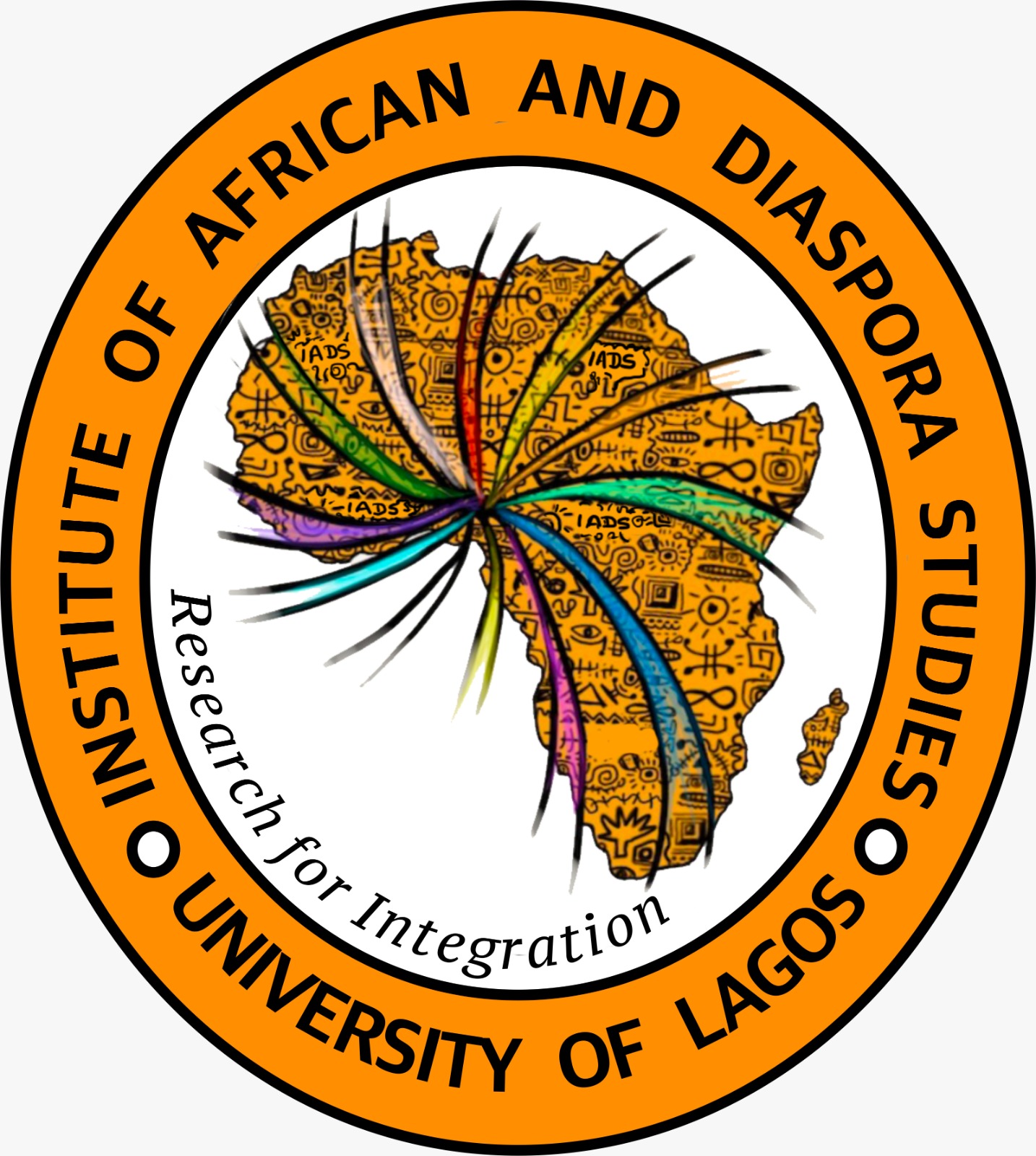
 Next Post
Next Post



